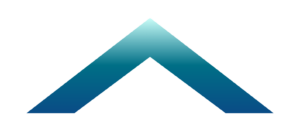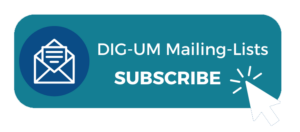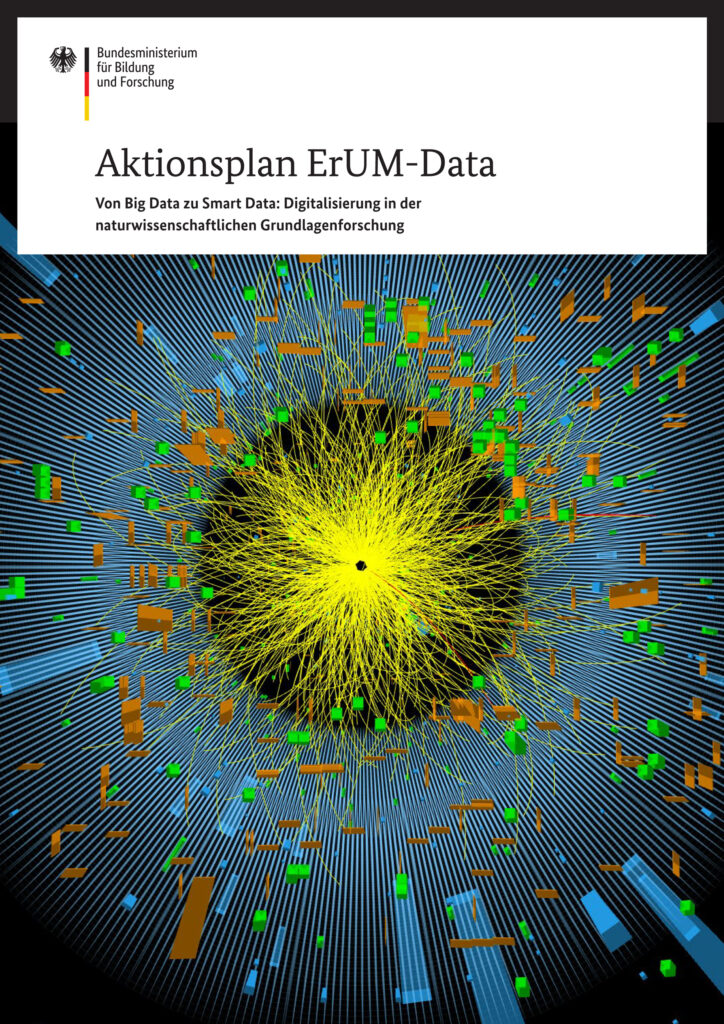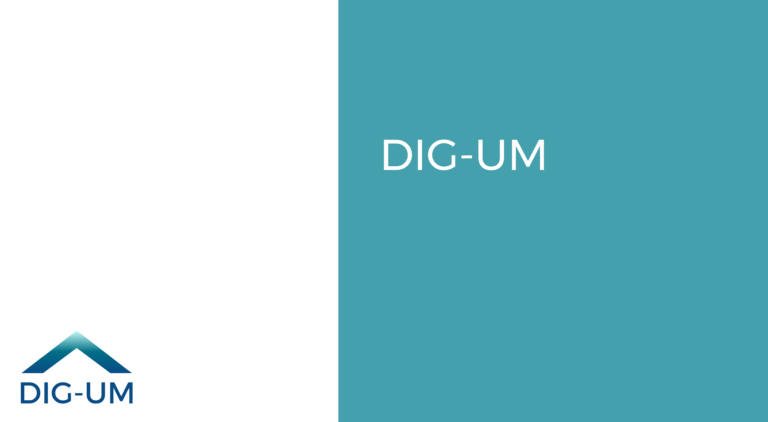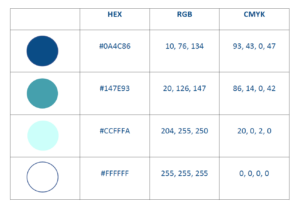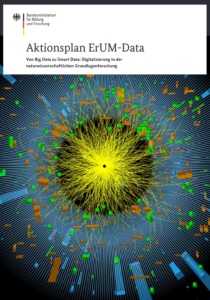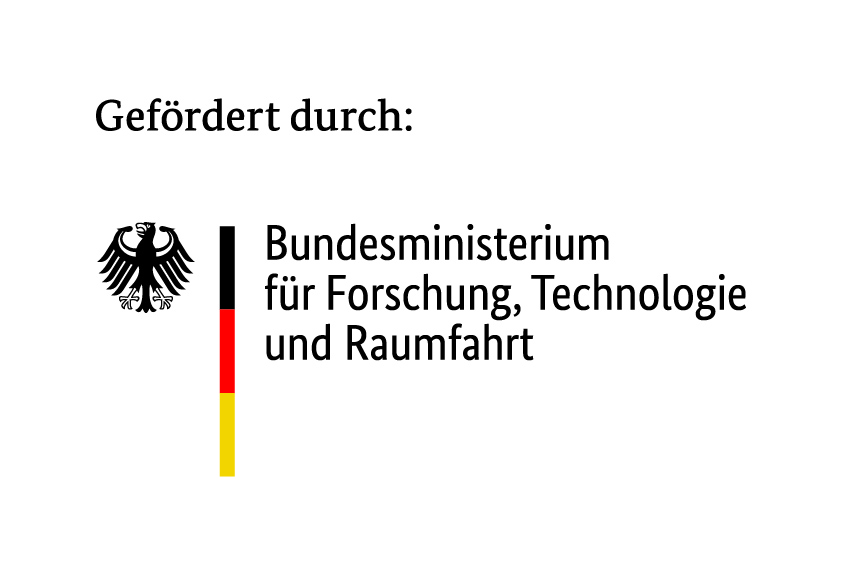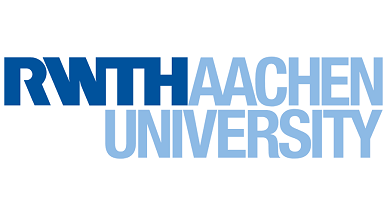Basic Research in Natural Sciences
Research in Universe and Matter unites about 20,000 scientists from German universities and research centers working on astrophysics, astroparticle physics, hadron and nuclear physics, particle physics, accelerator research, and research with photons, neutrons, and ion beams.
What connects these research areas is their work at leading national and international research institutions. The German Federal Ministry of Education and Research (BMBF) funds this basic research under the acronym ErUM (Erforschung von Universum und Materie - Research on Universe and Matter). Since many of the experiments process enormous amounts of data, in October 2021 the BMBF launched the ErUM-Data Plan of Action, , which pursues the advancement of digital transformation in basic research.
What connects these research areas is their work at leading national and international research institutions. The German Federal Ministry of Education and Research (BMBF) funds this basic research under the acronym ErUM (Erforschung von Universum und Materie - Research on Universe and Matter). Since many of the experiments process enormous amounts of data, in October 2021 the BMBF launched the ErUM-Data Plan of Action, , which pursues the advancement of digital transformation in basic research.
ErUM-Data Plan of Action,
ErUM-Data Plan of Action,
To advance digitization in basic science research and promote a coordinated approach and broad understanding, the BMBF published the ErUM-Data action plan in October 2020.
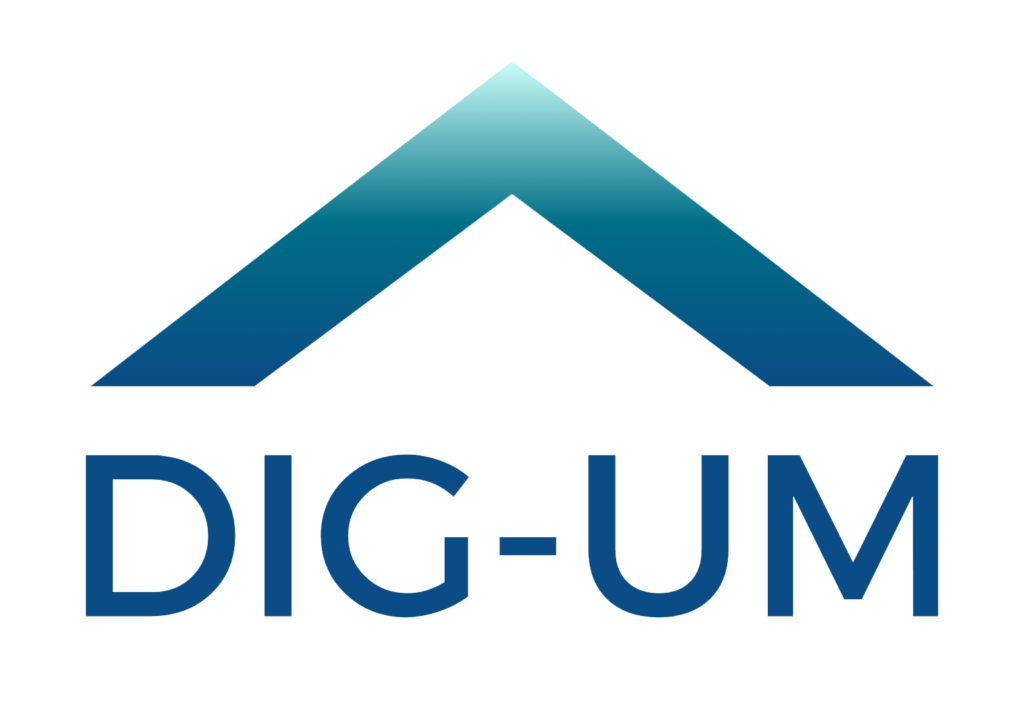
DIG-UM
The activities for digital transformation named in the ErUM-Data action plan are supported by the ErUM-Data-Hub as a networking and transfer office.
Simultaneously with the establishment of the ErUM-Data-Hub, scientists have launched a self-organization for digital transformation called DIG-UM. By founding DIG-UM, ErUM scientists are forming a bottom-up organization for joint research planning on digital transformation. The goal of the joint work is to implement the objectives stated in the Community White Paper "Challenges and Opportunities of Digital Transformation in Fundamental Research on Universe and Matter", which are reflected in the Topic Boards of the DIG-UM organization: Federated Digital Infrastructures, Comprehensive Management of Research Data, Modern Big Data Analytics in Fundamental Research, Integrated Web Work Environment for Scientists, and Dissemination of Know-how.
DIG-UM and ErUM-Data-Hub
The DIG-UM Topic Groups and the ErUM-Data-Hub work closely together in all areas. One example is the planning and realization of Events, such as train-the-trainer workshops and deep learning schools for the dissemination of digital competencies in cooperation with the DIG-UM Topic Board Knowledge Distribution.
What is the abbreviation DIG-UM?
DIG-UM stands for Digital Transformation in the Research on Universe and Matter
What does DIG-UM do?
Within the self-organization, the needs and requirements of the eight ErUM communities on digitization issues are compiled. Scientific strategies are developed in various topic groups and formulated in overview documents. The Digitization Board forms their common forum. The Resource Provider Board discusses issues related to computing resources for ErUM research. Contributing computing centers are represented here. The highest steering committee of DIG-UM is the Overview Board.
Wer wird von DIG-UM vertreten?
DIG-UM unites the interests of the 8 research communities in the exploration of the universe and matter: Astroparticle Physics (KAT) Elementary Particles Physics (KET), Accelerator Physics (KfB), Research with Neutrons (KFN), Research with Synchrotron Radiation (KFS), Research with nuclear probes and ion beams (KFSI), Hadron and Nuclear Physics (KHuK) and the German Observatory Council (RDS).
Organization
Organization
Die Selbstorganisation DIG-UM ist in Anlehnung an große internationale Physik-Experimente aufgebaut und besteht aus dem Overview Board, dem Digitization Board, dem Resource Provider Board und fünf Topic Groups. DIG-UM organisiert jährlich eine Konferenz zu Themen der digitalen Transformation. Neben dem wissenschaftlichen Austausch dient die Jahresversammlung auch für organisatorische Entscheidungen und Wahlen.
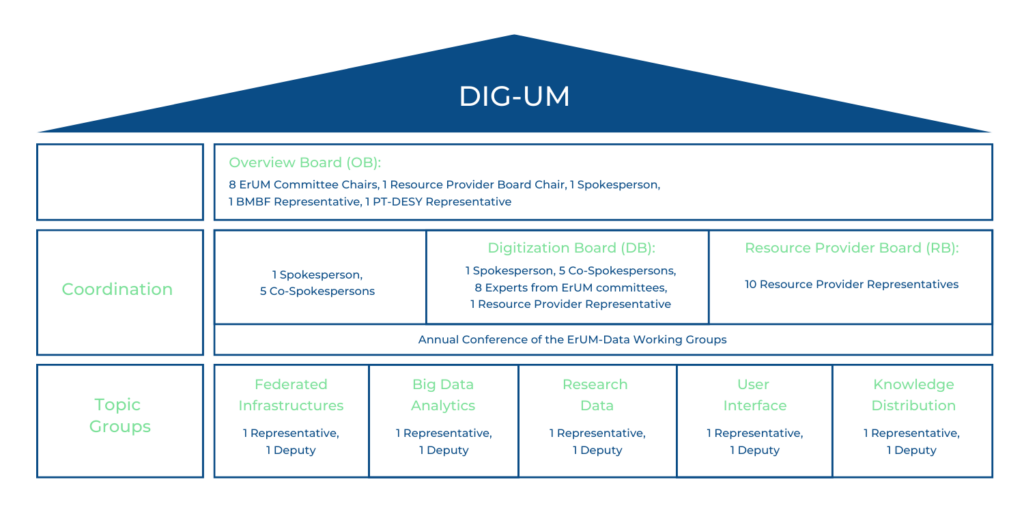
DIG-UM Spokesperson and Chairperson
Stand 13.02.2025
Spokesperson: Prof. Dr. Thomas Kuhr
Spokesperson, Chairpersons and Deputies
Stand 08.12.2023
Digitization Board
Spokesperson: Prof. Dr. Martin Erdmann
Deputy Spokespersons:Dr. Kilian Schwarz, Dr. Jan Steinheimer, Dr. Gernot Maier, Dr. Michael Schulz, Prof. Dr. Hans-Georg Steinrück, Dr. Pierre Schnizer, Prof. Dr. Dirk Lützenkirchen-Hecht
Overview Board
Chairperson
Prof. Dr. Christian Gutt
Deputy
Dr. Erik Bründermann
Resource Provider
Board
Chairperson
Dr. Arman Khalatyan
Deputy
Prof. Dr. Achim Streit
Topic Groups
Overview of the members in the Topic Groups
If you would like an overview of who is a member of which Topic Group, please send an e-mail to:
Topic Group
Federated Infrastructures
Chairperson
Dr. Kilian Schwarz

Deputy
Prof. Dr. Matthias Hoeft

Topic Group
Big Data Analytics
Chairperson
Dr. Jan Steinheimer

Deputy
Dr. Christian Steighorst

Topic Group
Research Data Management
Chairperson
Prof. Dr. Hans-Georg Steinrück

Deputy
Dr. Michael Schulz


Topic Group
User Interface
Chairperson
Dr. Pierre Schnizer

Deputy
Dr. Tim Ruhe

Topic Group
Knowledge Distribution
Chairperson
Prof. Dr. Judith Reindl

Deputy
Prof. Dr. Dirk Lützenkirchen-Hecht

Resources
Documents, teaching materials, mailing lists and further information can be found on ErUM-Data-Hub and DIG-UM WikiThe topic groups in particular have the opportunity to work together in their own areas and document events, meetings and progress.
Here you will, inter alia, find information on the following categories:
as well as information on the 5 Topic Groups:
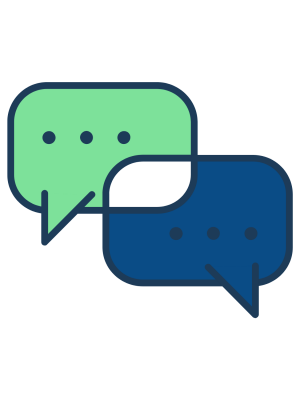
Any Questions?
Do you still have any questions? Do you have any suggestions or do you see an opportunity for collaboration? Feel free to contact the ErUM Data Hub team in Aachen.

Any Questions?
Do you still have any questions? Do you have any suggestions or do you see an opportunity for collaboration? Feel free to contact the ErUM Data Hub team in Aachen.

